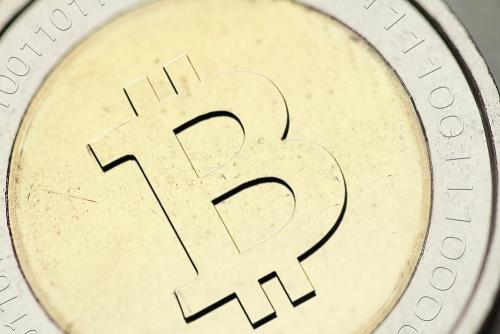
A man claimed by Newsweek Thursday to be Bitcoin creator ‘Satoshi Nakamoto’ has said the cryptocurrency has nothing to do with him.
In a lengthy report published Thursday, Newsweek’s Leah McGrath Goodman described how a two-month search ended on the doorstep of Nakamoto’s modest home in southern California.
When confronted by the reporter, Nakamoto reportedly said he was “no longer involved” in Bitcoin, but refused to say whether he had created it. Hours later, after being chased around LA by a crowd of reporters, the 64-year-old Japanese-American strongly denied any involvement in Bitcoin.
His denials came Thursday afternoon in an interview with the Associated Press (AP), who managed to secure a one-on-one meeting with Nakamoto after agreeing to take him out for lunch (yes, this story is growing more bizarre by the hour).
When asked about Bitcoin, he said repeatedly, “I got nothing to do with it.”
Nakamoto, known to be a math whizz and model train enthusiast, said that while some parts of Newsweek’s article were correct, he was most definitely not “the face behind Bitcoin.”
He even told the AP that when he said to Newsweek he was “no longer involved,” he was referring not to Bitcoin but to something entirely different (his career in engineering), claiming his lack of English proficiency had caused a misunderstanding with McGrath Goodman.
“It sounded like I was involved before with Bitcoin and looked like I’m not involved now,” Nakamoto said. “That’s not what I meant. I want to clarify that.”
McGrath Goodman has since responded, claiming “there was no confusion whatsoever about the context of our conversation, and his acknowledgment of his involvement in Bitcoin.”
To many it will seem just too ridiculous that someone seemingly intent on remaining a mystery to the world would choose to attach their real name to their creation. If Newsweek’s Nakamoto is not the guy, then it’s hard not to feel for him following the intense media scrutiny he’s been subjected to in the last 24 hours. Although he did get that free lunch.
Either way, the mystery surrounding the true identity of the Bitcoin creator looks set to continue for a while longer.